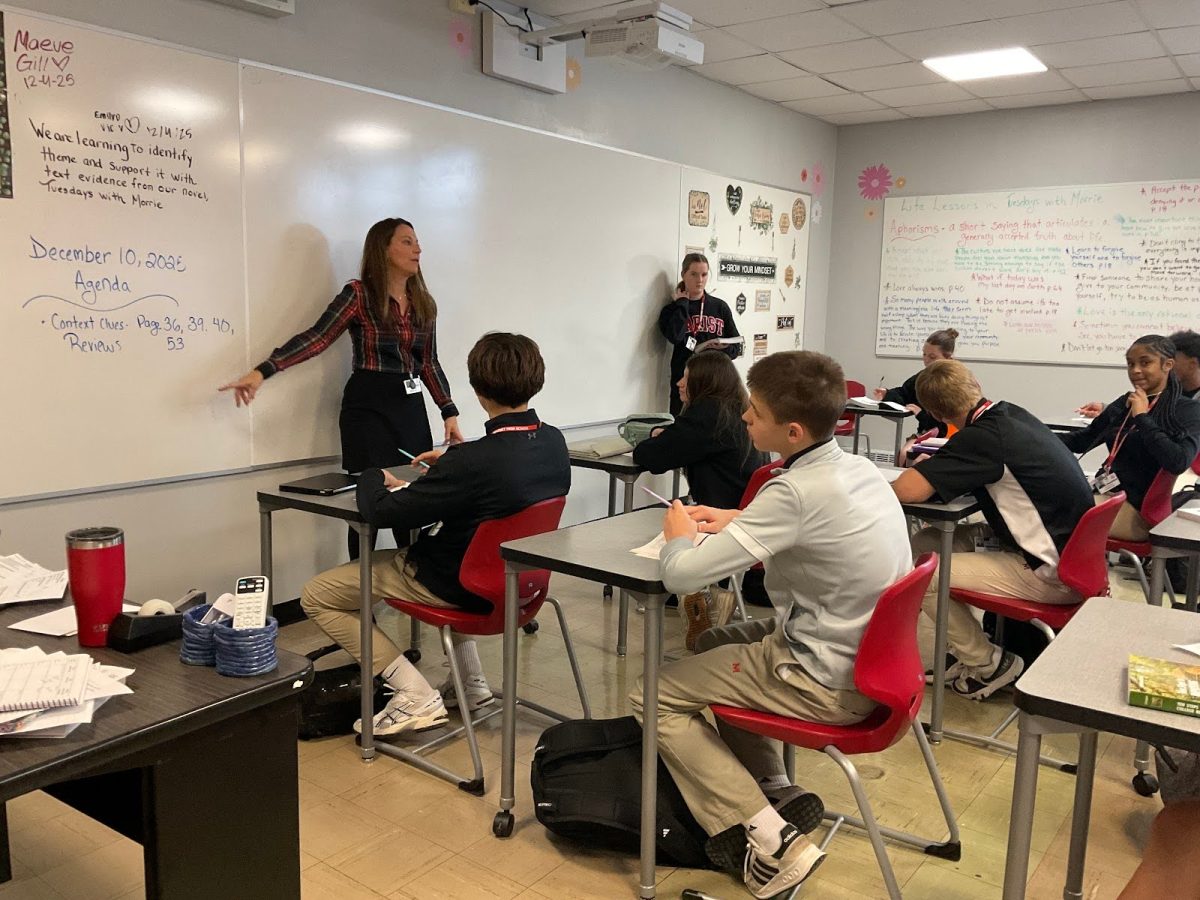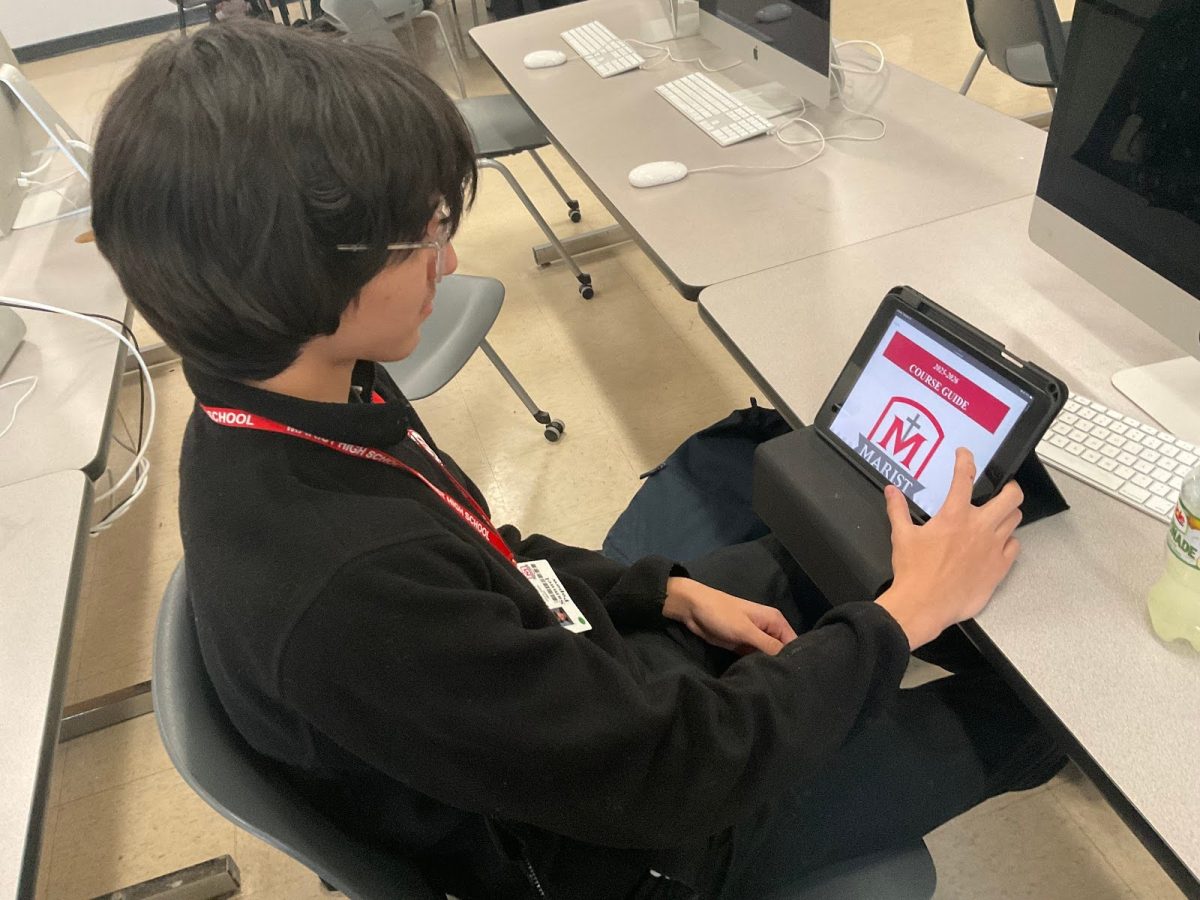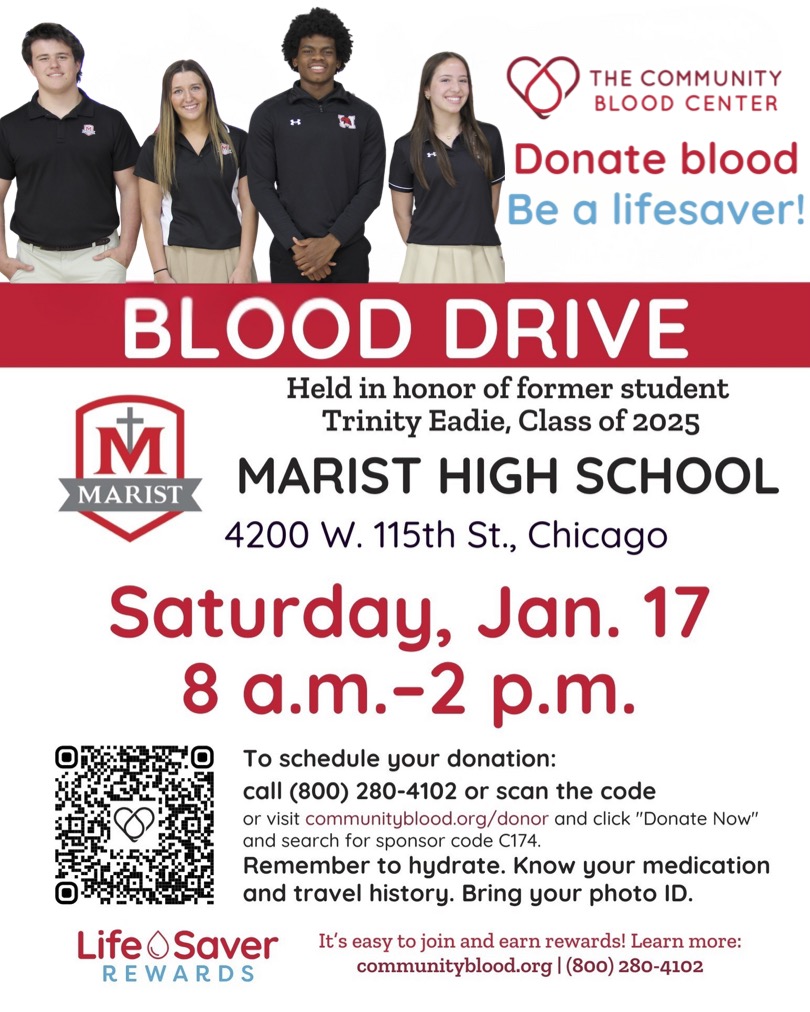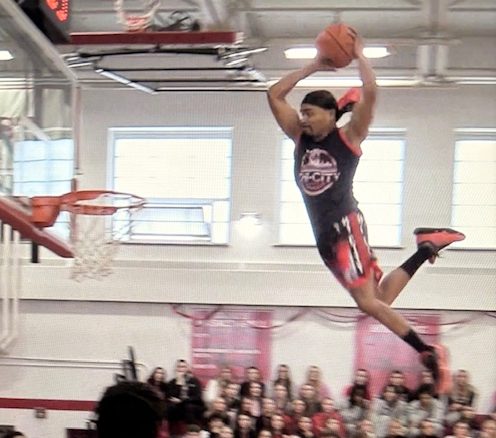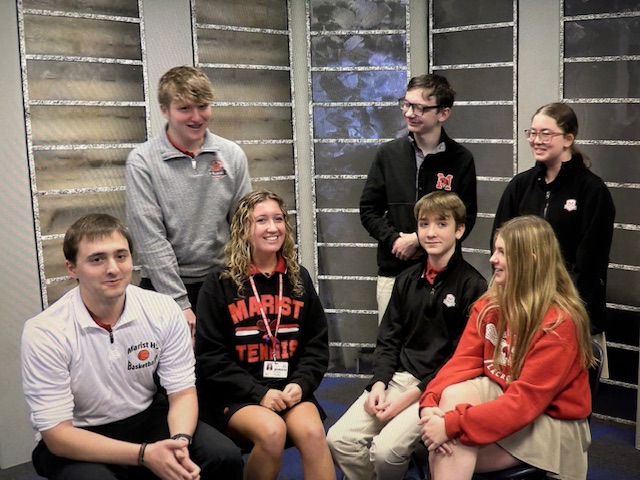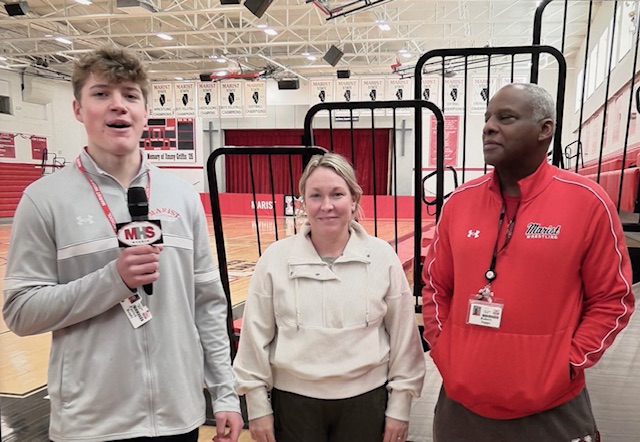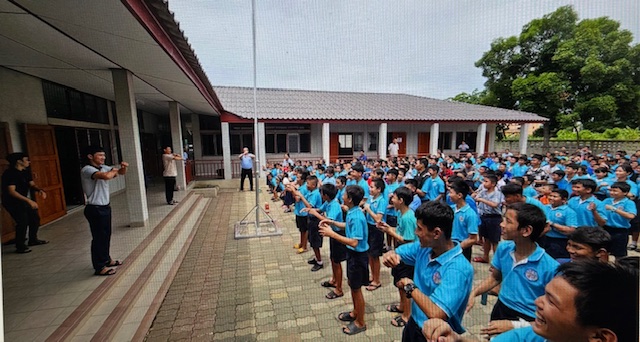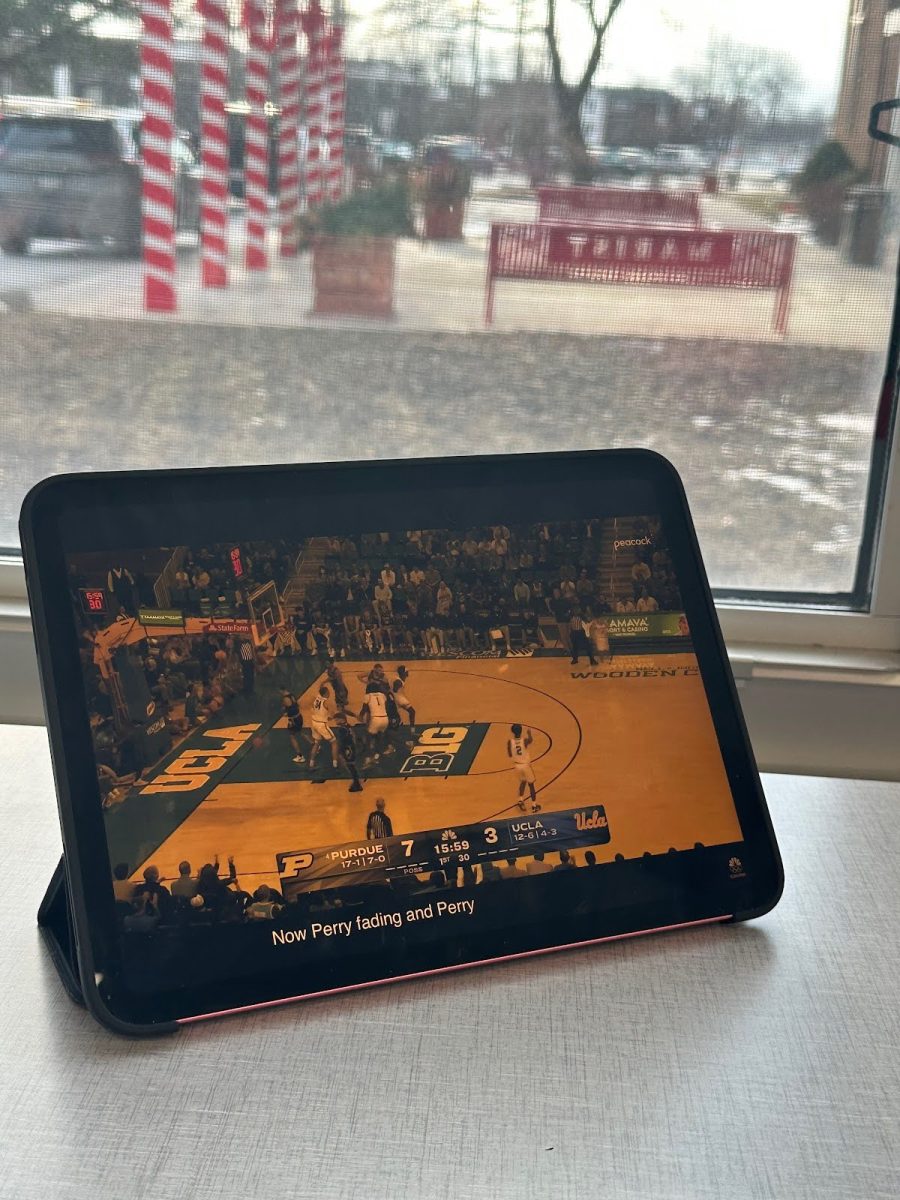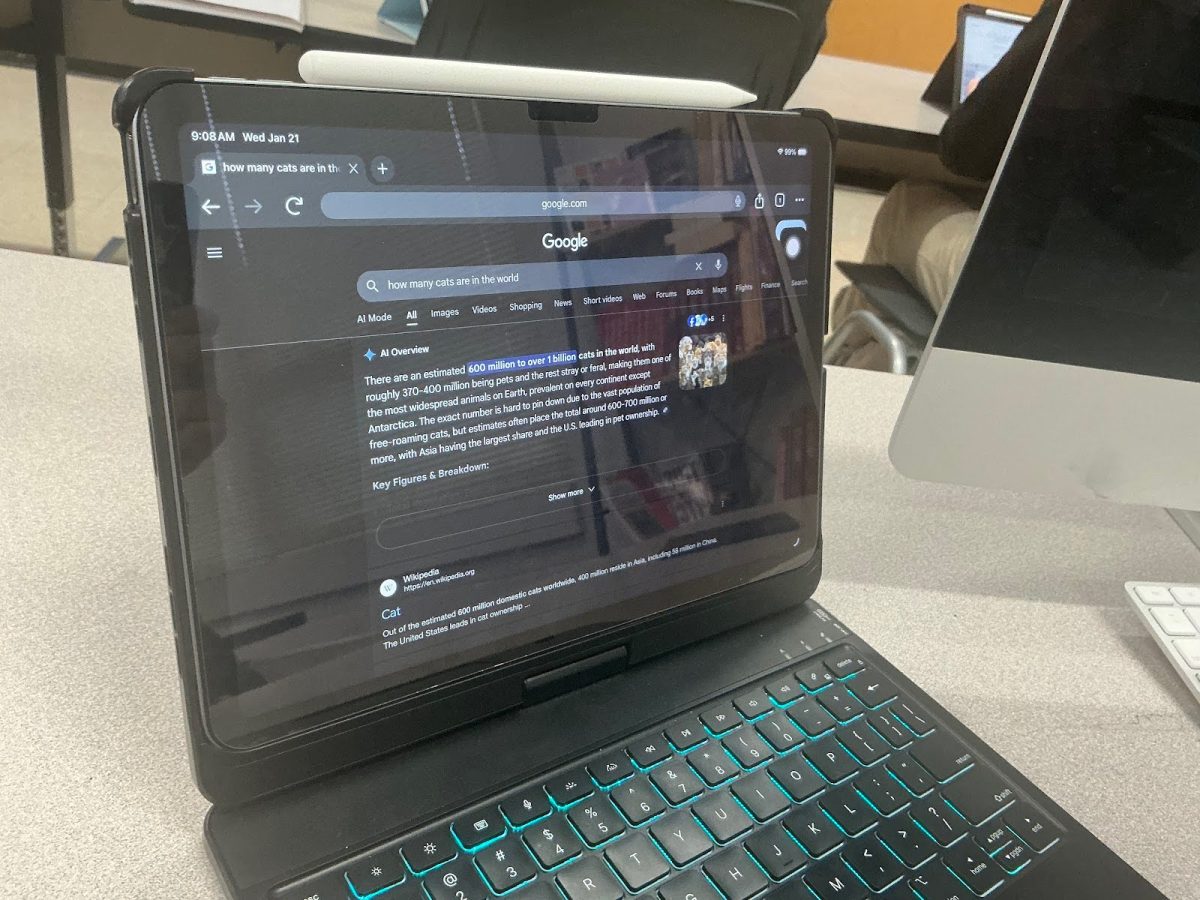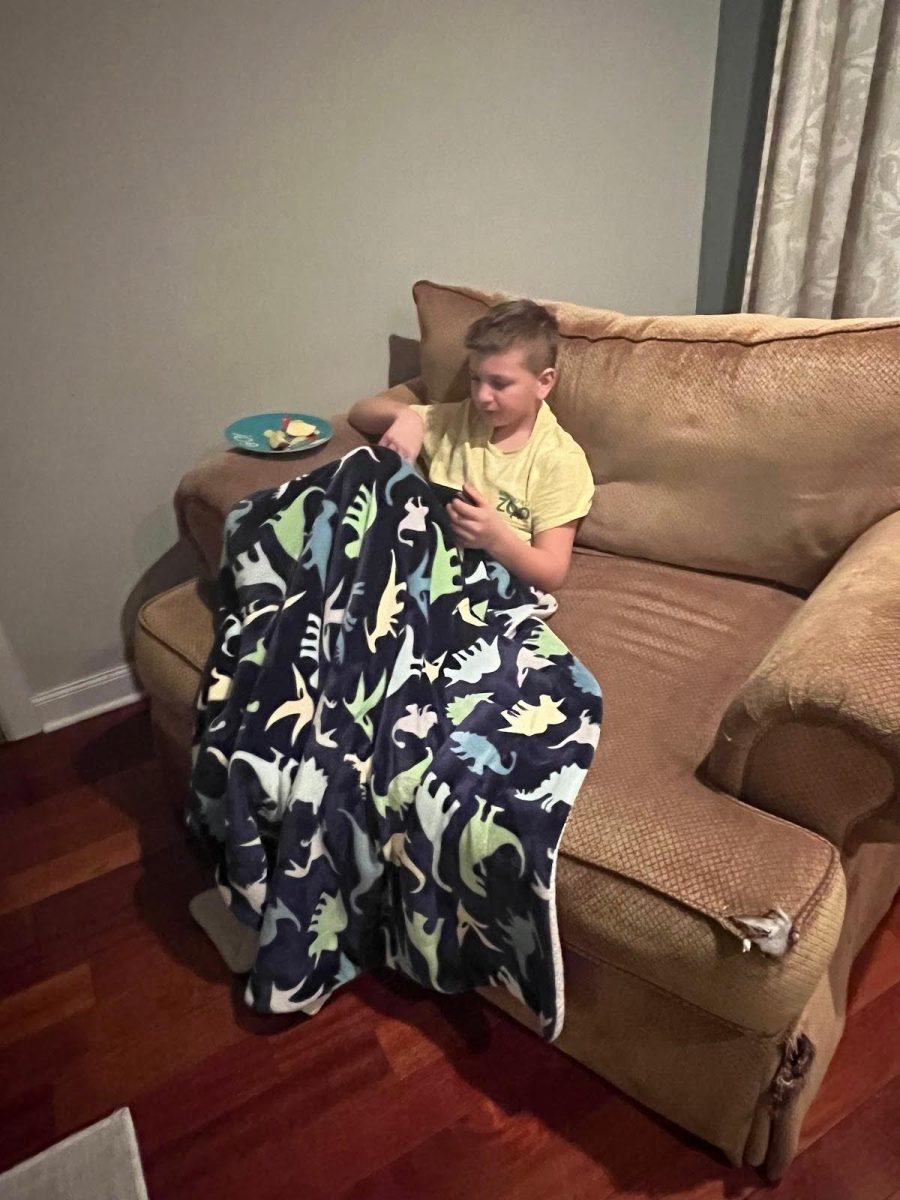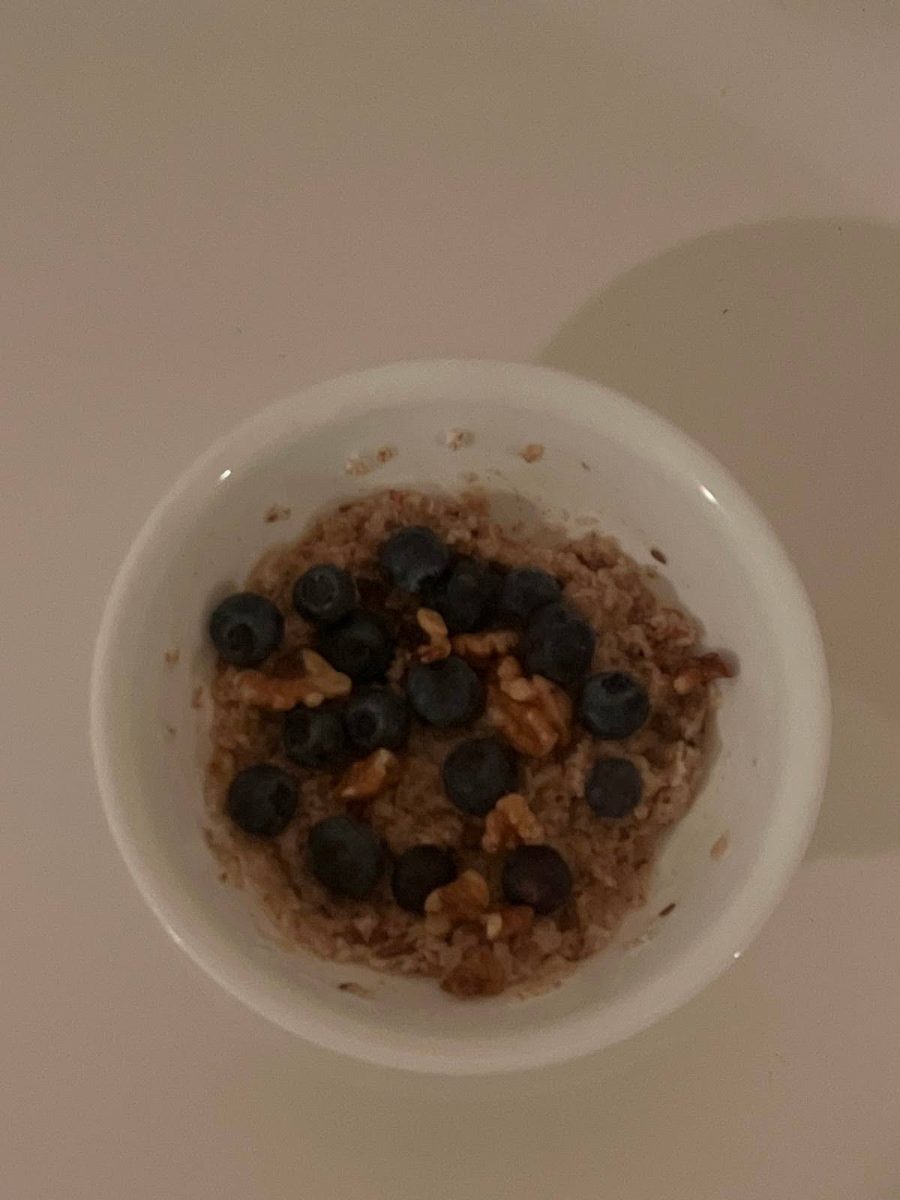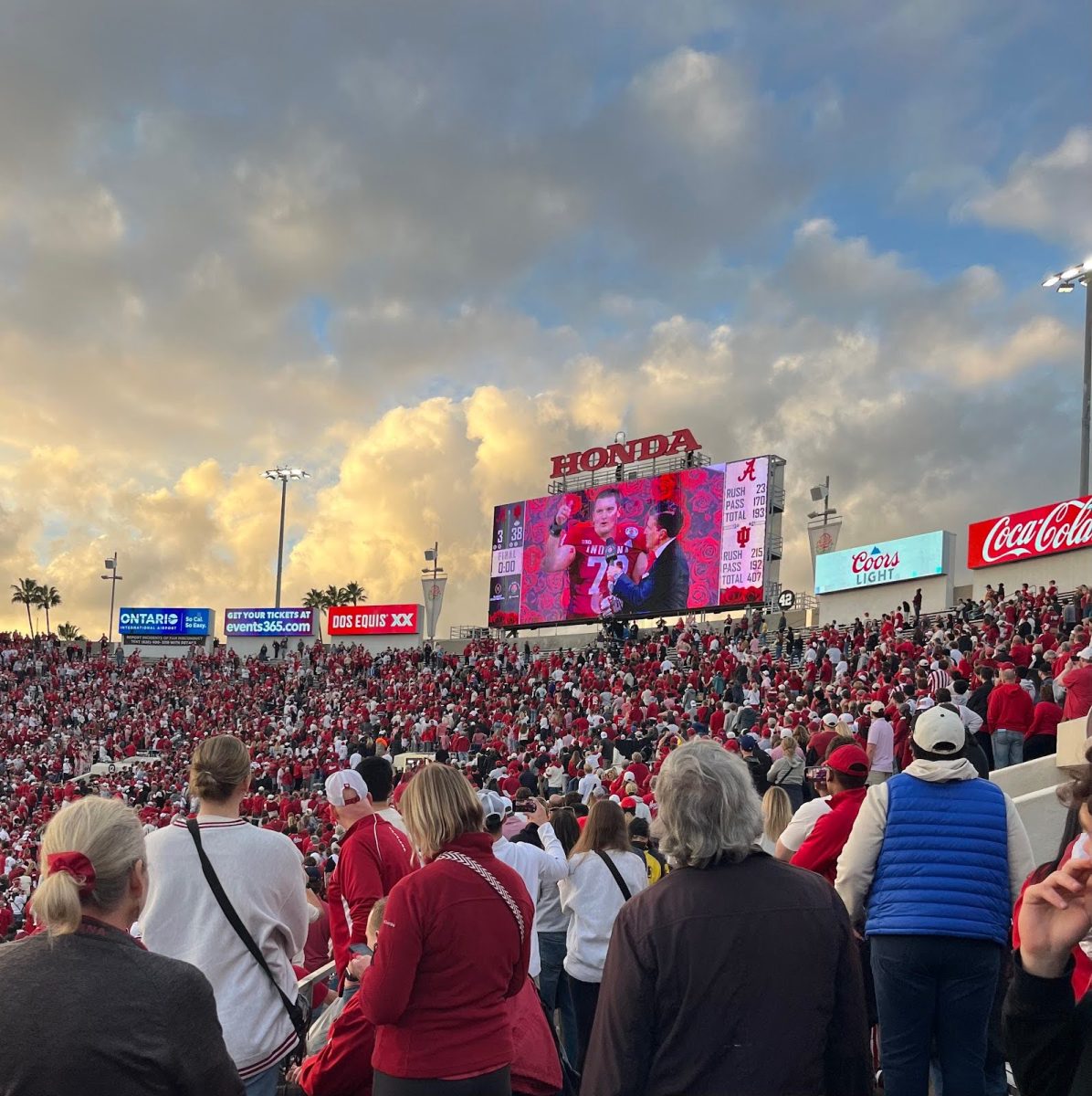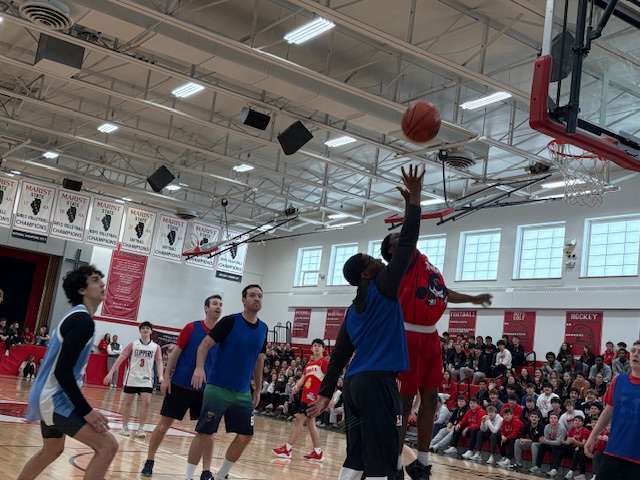There is a clear divide often exists between athletes and non-athletes when it comes to academic performance, stress levels, and amount of sleep. This comparison sheds light on how involvement in sports may impact grades, study habits, and overall school engagement, revealing both the benefits and challenges faced by students in each group.
Being a student athlete can be stressful due to the demands of balancing rigorous training schedules, competitions, and academic responsibilities. According to an MHS Media poll, 67% of student athletes say they feel more pressure.
“I feel more stressed being an athlete. I get home from school around 3:00 p.m. I get to chill out for about two hours before I have to go to practice. I feel like I never have enough time to do my homework and study,” said junior Mia Duszynski.
Studies show that students who engage in organized study routines, whether through sports or other structured activities, tend to perform better academically. Athletes, for example, may develop effective study habits due to the need to stay on top of their schoolwork despite a busy schedule.
Students’ grades often reflect the balance or imbalance between their academic responsibilities and extracurricular activities. Athletes, while managing the stress of sports commitments, may develop stronger time-management skills that help maintain good grades despite the pressure.
However, students who aren’t athletes also face stress in academic performance, without the structure or time-management skills that sports can provide.
“I feel like I have to do so well with my grades because I am not playing a sport. It gets really stressful throughout the year,” said sophomore Kailynn Solis.
According to the poll, 86.1% of students maintain grades in the A-B range, indicating strong academic performance overall. Meanwhile, 12.9% fall within the B-C range, and only 1% of students score D or below, suggesting that the majority of students are meeting or exceeding academic expectations despite varying stress levels.
Despite the high grades, the poll shows 70.3% of students feel they don’t have enough time to effectively study and complete homework. In contrast, 29.7% of students report having sufficient time.
The amount of sleep students get plays a significant role in their academic performance and overall well-being.
“Sleep dramatically affects physical health, but it also impacts attention, behavior, learning, memory, emotional regulation, and mental health. This means that students with poor sleep will likely have worse academics, and athletic performance compared to those with adequate sleep,” according to the American Academy of Sleep Medicine (AASM) Foundation.
The AASM Foundation is the leading organization that addresses challenges with programs that directly support career development, high-impact research, clinical training and community programs.
According to the poll, 65.3% of students report not getting enough sleep. This lack of rest is particularly evident among students juggling sports, homework, and other commitments, leading to increased stress and fatigue.
“I definitely do not get enough sleep at night, I’m so tired during the day and have to go to bed because of the amount of homework I get,” said junior Nate Tracy.
A lack of sleep is a common issue among high school students, with research showing that sleep deprivation can directly affect cognitive function, which is critical to academic success.
Finding a balance between academics, extracurriculars, and rest is crucial for the success and well-being of both athletes and non-athletes.



